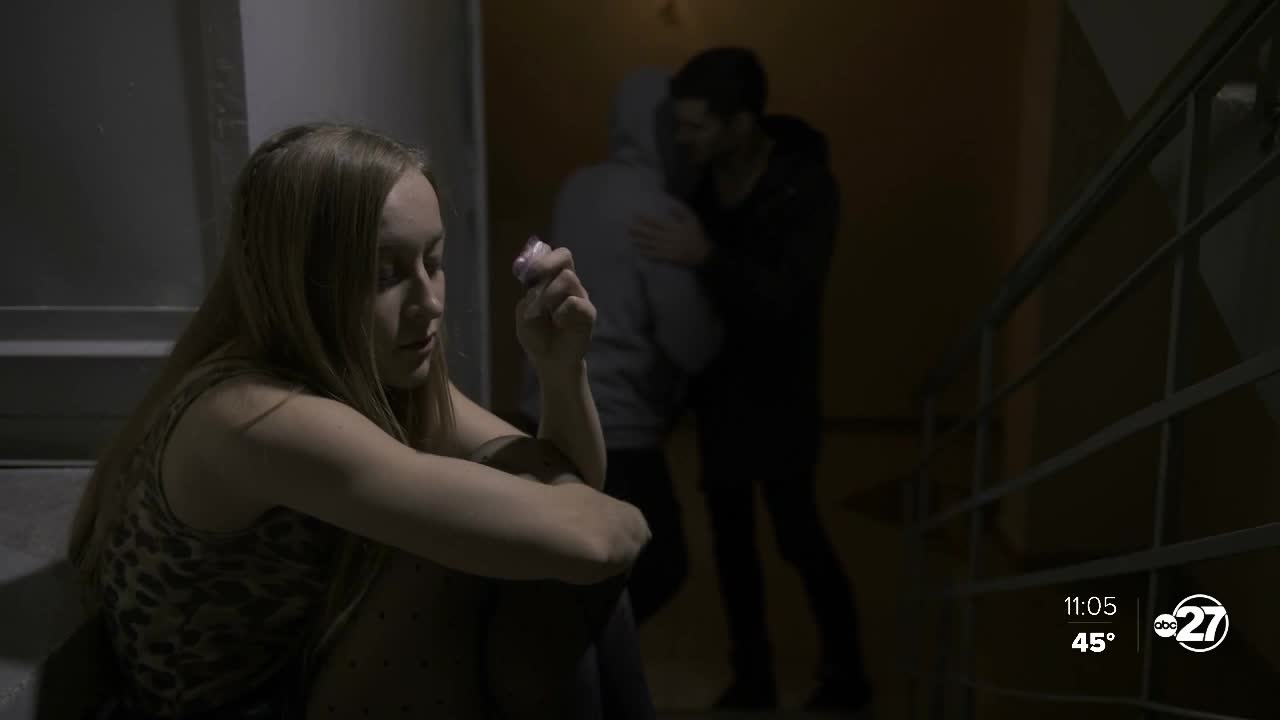LEON COUNTY, Fla. (WTXL) — According to the US Department of Health and Human Services more than 30,000 cases of potential human trafficking have been reported in the country and US territories.
And Leon County is making it a priority to get businesses the right training they need.
In a new initiative Survive and Thrive Advocacy Center (STAC) nonprofit is working with the county to help businesses spot traffickers and victims.
Human Trafficking can be hard to spot leaving many victims of the crime unnoticed.
A program aimed to help people spot the warning signs is expanding—offering its services to businesses.
So far 57 businesses and organizations have pre-registered for the program and over 100 have expressed interest.
Leon County partnered with STAC last year to create this movement to empower businesses, organizations and all forms of workplaces to gain knowledge on recognizing and safely responding if they suspect any trafficking activities.
"The last thing you want to do as a business or workplace is hiring someone who trafficked or just not understand that it might be going on right under your nose and you don't know what to do."
Robin Thompson/ Executive Director of the Survive and Thrive Advocacy Center nonprofit.
She says businesses could be the eyes are ears of the community and training like this are needed to save a life.
"It could be one person trafficking another person, it could be an organized crime ring it could be any number of places."
Thompson said trafficking can happen anywhere and could be difficult to spot but learning certain body language and activities can help.
Associates at Capital City Bank have taken some of the online programs available through STAC.
Marsha Crowle with Capital City bank calls the program important when being able to recognize red flags of human trafficking.
STAC officials teach businesses, victims of trafficking usually have some form of vulnerability.
"Someone who doesn't have housing might be a student who can't pay tuition, can be somebody who just lost a job because of the pandemic or who is a domestic violence victim whose abuser is saying now in order for me not to harm you you've got to get out there and have sex for money."
She says those are all examples of trafficking and it can happen anyplace, and added that's really the message.
The STACPro training will be ready to launch in a few weeks but organizations and businesses still have time to pre-register.
For more information, click here.



